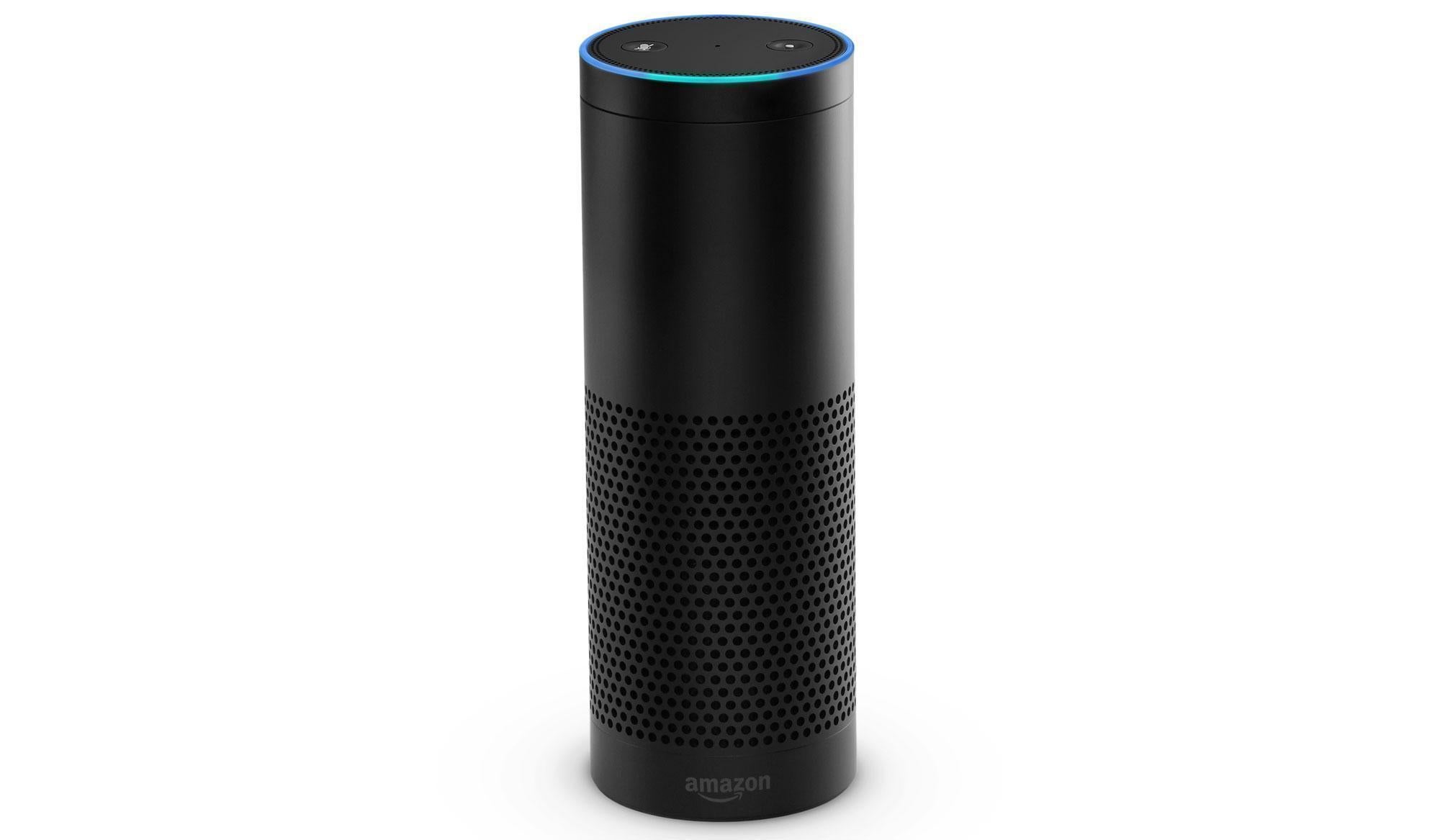Amazon Echo could become key witness in murder investigation after data turned over to police
Man on trial for murder has agreed to turn over audio data from his smart home device

The Amazon Echo smart home device may play a role in solving a murder case in a town in the US state of Arkansas.
James Bates is on trial for the November 2015 murder of his friend Victor Collins at Mr Bates’ home in Bentonville, and has agreed to have audio data from his Amazon Echo device turned over to prosecutors on the case to aid in their investigation. Amazon, according to court records, turned over the data the same day it was requested.
But last month, Amazon filed a 90-page document contesting the police request for the recordings from 21-22 November 2015, arguing that both the user’s speech and the transcript of the device’s response to the user’s commands are both protected under the First Amendment to the US Constitution.
The Amazon Echo, a voice controlled artificial intelligence 'assistant', like many smart home devices such as Google Nest, are ‘always on’. Amazon confirmed to the Washington Post that the Echo is always in listening mode, but begins recording, and storing that audio file, once given a “wake word” that triggers the recording - like a user saying “Alexa.”
Now that Mr Bates has agreed that the audio recordings are turned over to the police, Amazon “has cover” to turn over the data, Mark Testoni, President of software company SAP National Security Services, told The Independent.
However, the Amazon Echo murder case is indicative of a broader issue: the privacy concerns of companies and law enforcement investigations.
Another such case was that of Apple resisting the request of the FBI for the company to assist the agency in accessing encrypted Apple devices which had been confiscated during counter-terrorism and criminal investigations. Apple also argued that it would be a violation of the privacy of its users to do so.
However, Mr Testoni explained, “we give our privacy over all the time to companies in disclosures on iPhone apps, but we’re reticent for companies to turn that over to the government.”
The problem, Mr Testoni said, is that “new sources of data that weren’t even thought of ten years ago” are having to be regulated by policies and laws formed in the 1980s that really only related to telecommunications companies’ phone records.
“So much more data is being collected now” by smart home devices, said Mr Testoni.
He expects that the US will “have to have a healthy public policy debate. Most companies would welcome policy that balances private security and law enforcement activities.”
The underlying problem, according to Mr Testoni, is formulating policy and regulations that will take into account the rapid forward progress of technology. He explained that many regulations have “barely caught up with the internet and we’ve had that for 25 years.” Until then, he thinks we will see more stories of companies like that of Amazon or Apple resisting the FBI’s request to weaken encryption on devices confiscated in counterterrorism and criminal investigations in order to access them.
Subscribe to Independent Premium to bookmark this article
Want to bookmark your favourite articles and stories to read or reference later? Start your Independent Premium subscription today.

Join our commenting forum
Join thought-provoking conversations, follow other Independent readers and see their replies